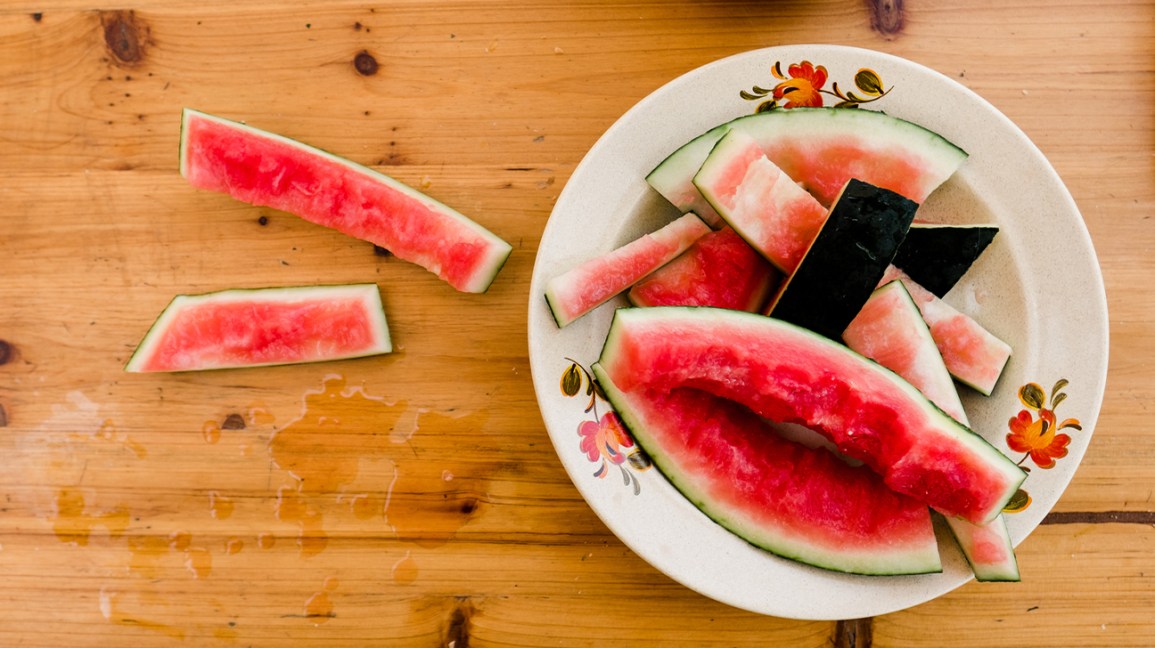Introduction
Every day, millions of tons of food scraps end up in the trash. These leftovers, however, could be reused, repurposed, or transformed into something valuable. In a world where food waste fuels climate change and hunger, rethinking our waste habits is vital.
Thankfully, new innovations and a shift in global mindset have turned food scraps into sustainable opportunities. For instance, they are now used in gourmet meals, homemade cleaners, skincare routines, and even biodegradable packaging. Clearly, the potential is massive.
Interestingly, the practice of honoring food isn’t new. More than 1,400 years ago, Prophet Muhammad (peace be upon him) urged people not to waste even a single morsel. His teachings align with today’s sustainability values and offer timeless, cross-cultural wisdom.
1. Creative Culinary Uses: From Waste to Flavor
Upcycled Gourmet Dishes
Across the globe, chefs are transforming discarded food scraps into upscale cuisine. Vegetable peels, herb stems, and fish bones are reimagined as broths, crisps, and garnishes. Once ignored, these parts are now featured on five-star menus.
This concept echoes the advice of Prophet Muhammad (PBUH), who said, “When a morsel of food falls, pick it up, clean it, and eat it. Do not leave it for the devil.” (Sahih Muslim)
Try this: Save mushroom stems, leek tops, and carrot peels to make a rich, homemade vegetable stock.
Fermentation with Fungi
Additionally, scientists are using fungi like Neurospora intermedia to convert food scraps into protein-packed, edible materials. This breakthrough addresses both sustainability and nutrition.
Home idea: Try fermenting beet greens or cabbage cores to make probiotic-rich sauerkraut or kimchi.
2. Home Hacks: Zero waste kitchen tips
Natural Citrus Cleaners
Rather than tossing citrus peels, turn them into powerful natural cleaners. When soaked in vinegar, they become safe, budget-friendly disinfectants.
DIY Tip: Fill a jar with lemon or orange peels. Next, cover them with vinegar, seal the jar, and let it steep for two weeks. Finally, strain it into a spray bottle.
Skincare from the Kitchen
Food scraps can also improve your skincare routine. Used coffee grounds exfoliate the skin, and banana or apple peels are packed with antioxidants.
Try this: Mix coffee grounds with coconut oil and brown sugar to create a rejuvenating body scrub.
Composting and Gardening
Kitchen waste nourishes gardens. Eggshells provide calcium, while veggie scraps contribute potassium and phosphorus.
Tip: Begin composting at home or use a local compost drop-off. Doing so helps reduce landfill waste and enriches your soil.
Moreover, Prophet Muhammad (PBUH) emphasized not wasting food. He taught, “You do not know in which part the blessing lies.” (Sahih Muslim)
3. Future Innovations: Tech and Food Waste
Bioplastics from Food Waste
Cutting-edge labs are turning food waste—such as potato skins and corncobs—into biodegradable plastics. These materials replace single-use plastics and reduce pollution.
Example: A UK-based lab has developed compostable films from food industry leftovers. This could revolutionize packaging.
Smart Composting Devices
Tech tools like Lomi and Mill are changing composting at home. These machines dehydrate and process food waste into soil enhancers overnight.
Why it matters: They make eco-friendly living easier for those in apartments or without garden space.
4. Community and Policy Impact
Urban Composting Programs
Major cities such as New York have introduced curbside compost pickup. These programs turn waste into compost used in parks, gardens, and agriculture.
Get involved: Find out if your city offers compost bins or drop-offs. If not, advocate for their implementation.
Policy and Legislation
Laws are being passed to fight food waste. In California, for example, SB 1383 mandates composting of organic waste.
Take action: Support businesses and lawmakers that prioritize sustainable food habits. Also, encourage your local leaders to implement similar policies.
Conclusion
Food scraps aren’t garbage—they’re resources in disguise. From kitchen counters to community programs, there are countless ways to reduce waste and live more sustainably.
This idea isn’t modern. It’s rooted in ancient principles of gratitude and mindfulness. Prophet Muhammad (PBUH) encouraged valuing every bite of food, even those that fall to the ground.
So, the next time you’re about to toss a scrap, stop. Instead, reuse it. Because sustainability begins with what’s already in your hands—and sometimes, in your peelings.
Read More About: 10 Amazing Health Gain of Apples
Preventing Wasted Food At Home
ReFED – Food Waste Solutions
NRDC – Save the Food Campaign
Healthline – DIY Natural Cleaners from Kitchen Ingredients

